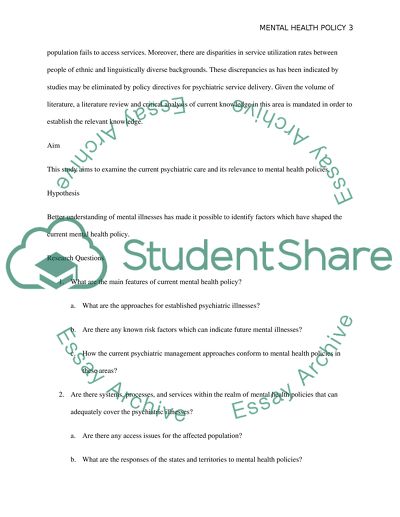Cite this document
(“Mental Health Policy or Psychiatry Research Paper”, n.d.)
Retrieved from https://studentshare.org/psychology/1517885-mental-health-policy-or-psychiatry
Retrieved from https://studentshare.org/psychology/1517885-mental-health-policy-or-psychiatry
(Mental Health Policy or Psychiatry Research Paper)
https://studentshare.org/psychology/1517885-mental-health-policy-or-psychiatry.
https://studentshare.org/psychology/1517885-mental-health-policy-or-psychiatry.
“Mental Health Policy or Psychiatry Research Paper”, n.d. https://studentshare.org/psychology/1517885-mental-health-policy-or-psychiatry.


